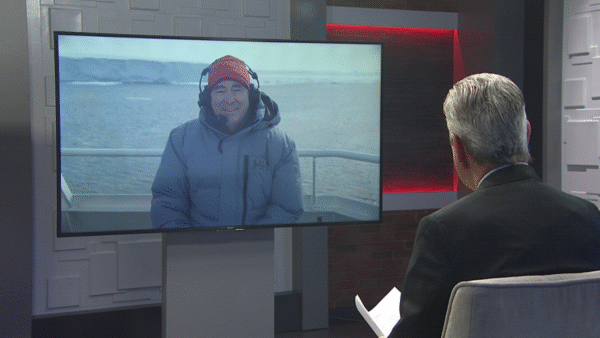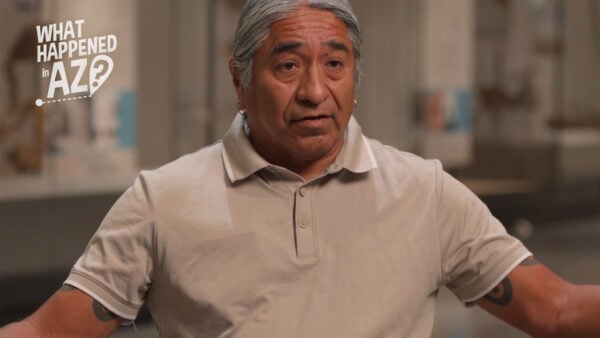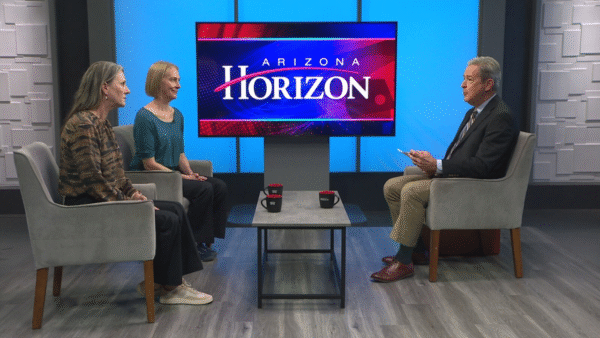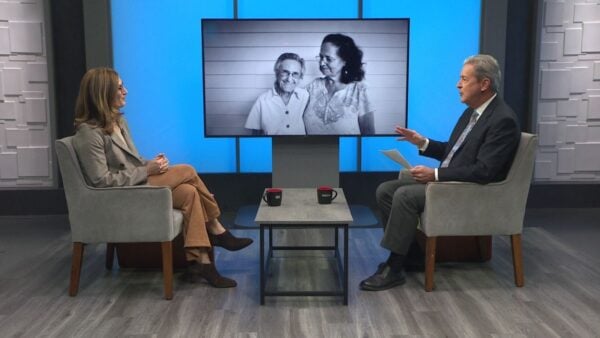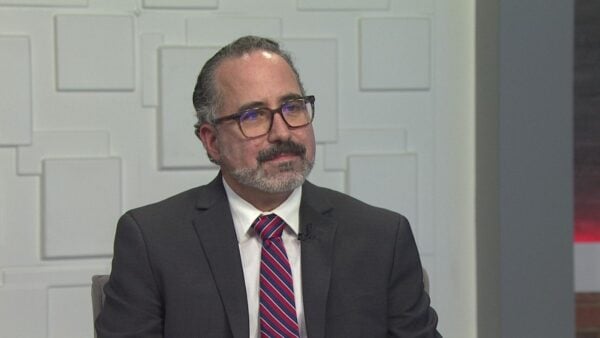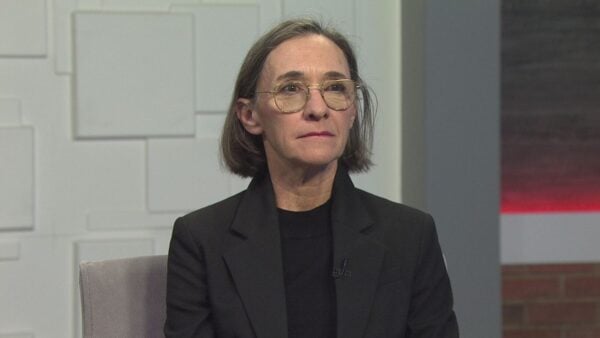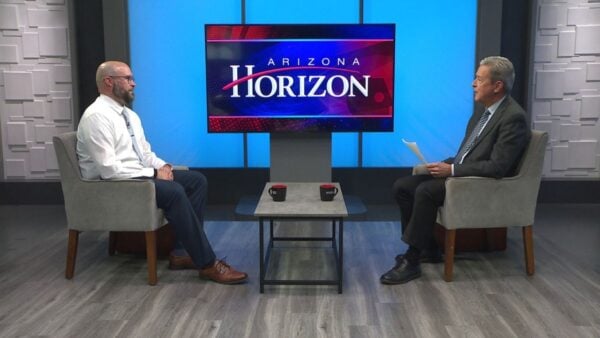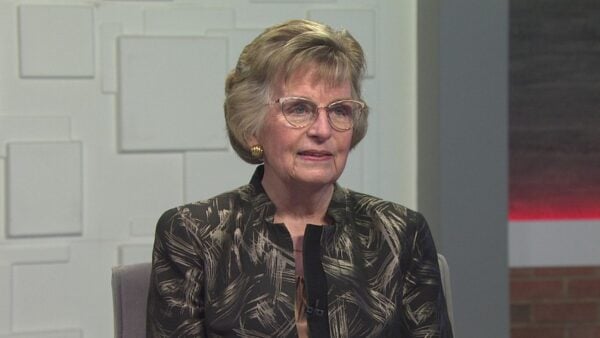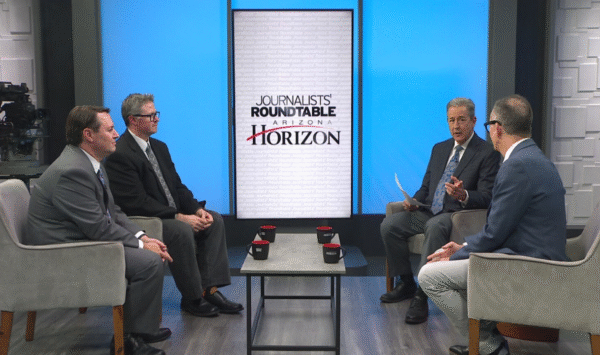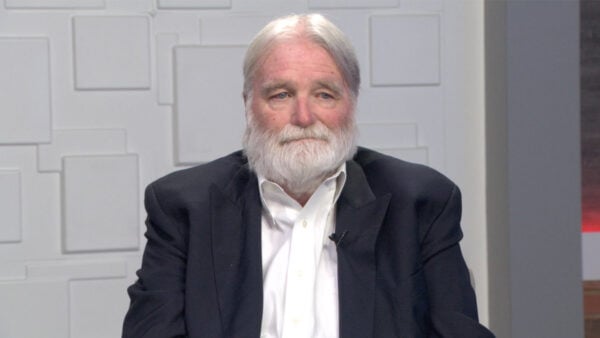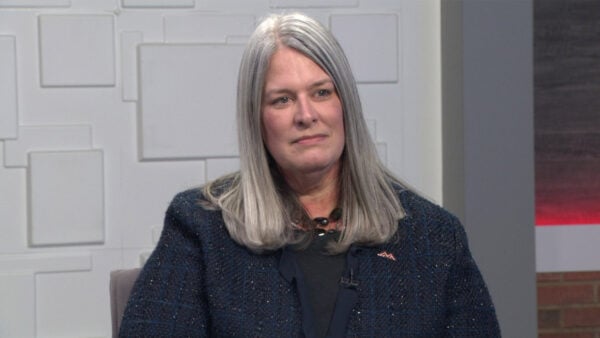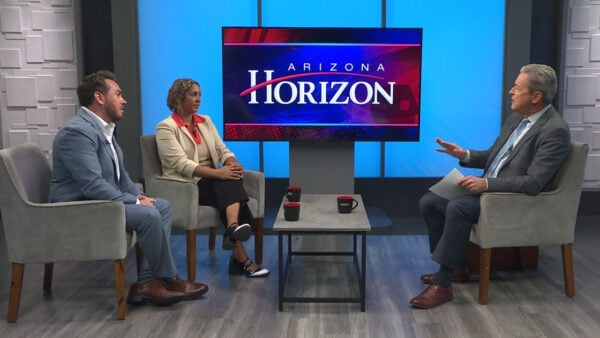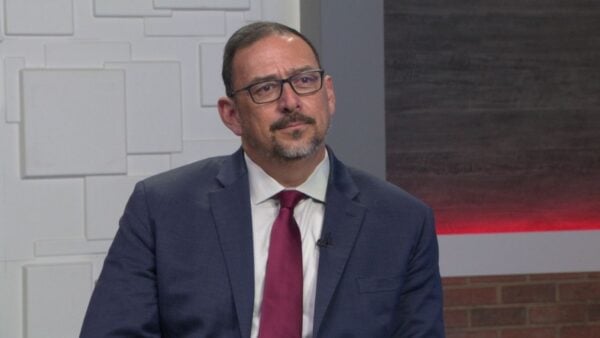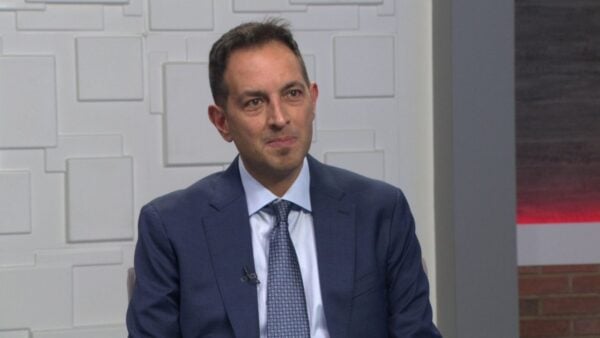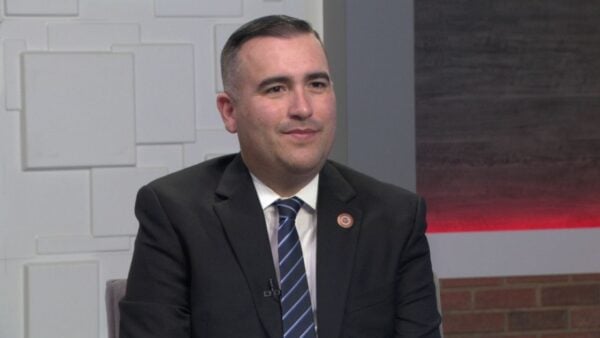Key highlights from the Arizona Legislative session
June 26, 2024
The Arizona Legislative session has come to a close. This session included the passing of a number of new laws affecting businesses and consumers.
Alexis Glascock, an attorney at Fennemore, joined “Arizona Horizon” to discuss some specific notable bills and trends she has observed.
“There were about 274 [bills] that were signed into law, but there were actually about 1,700 [bills] that were introduced, including memorials and resolutions,” Glascock said. “That’s the largest number we’ve seen down at the Capitol.”
During this session, some notable bills were introduced. During elections, disclosures will be required to identify deep fakes.
“Arizona will have about $821 million of advertising money come in because we’re one of the top states that people are looking at. What this bill does, it requires 90 days before an election, anybody who has used AI, has created false advertising; I say false, but it has to be with the intent to defraud or harass, and they have used voice recordings or images or videos depicting a candidate in a likeness that meets those qualifications, they will be fined penalties unless they take it down before 90 days,” said Glascock.
The law goes into effect on September 14, and Glascock said there wasn’t much pushback.
“I think a lot of people are concerned; they don’t want to have that false advertising about them where it’s their likeness, their image, and people think it’s them making some statement, and it’s not,” Glascock said.
Automated ticket events, also known as the “Taylor Swift Bill,” were also a hot topic during the Arizona Legislative session.
“Not just that, but sporting events and other events that people want to go to, they go online ,and try to buy their tickets, and you can only buy three or four. Or maybe you need eight, but you can’t buy any because they’re all sold out,” Glascock explained. “The Arizona Legislature worked hard. Consultants helped them to make sure they captured every way that a bot or an automated computer system could go in, appear to be a person, and buy hundreds and hundreds of tickets, then resell them on another platform at a higher price.”
Glascock said this is going to be enforced because there will be a penalty of $10,000 per ticket. She says that Attorney General Kris Mayes will be aggressive in going after anybody who uses a bot to buy up large sums of tickets and resell them at a higher price. Glascock anticipates this move will decrease the incentive for people to do that.
The Tamale Bill was finally passed into law during this legislative session. Last year, it was vetoed; this year it was signed, so what changed?
“Not a lot changed. But what is relevant that did change is that now you can have cooked poultry or meat inside of those cottage-food products,” Glascock explained. “Previously, you could not. But for the most part, the bill is very similar to last year’s bill in terms of the requirements. There’s not anything new in terms of food handler requirements and things like that.”
Now it is the responsibility of the consumer to be careful when purchasing these foods to avoid the risk of food borne illnesses.
Other bills that passed include election signature verification and the “Casita Bill.”
